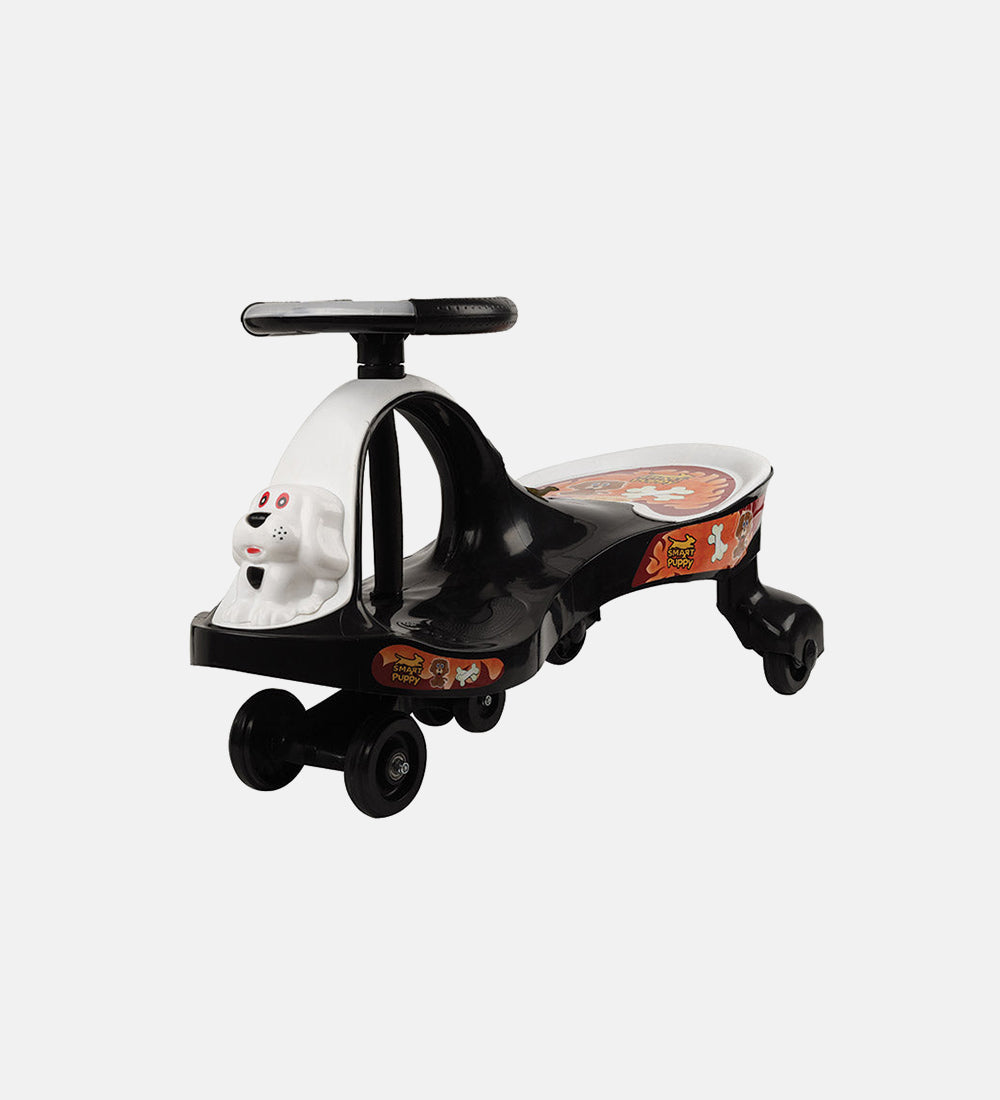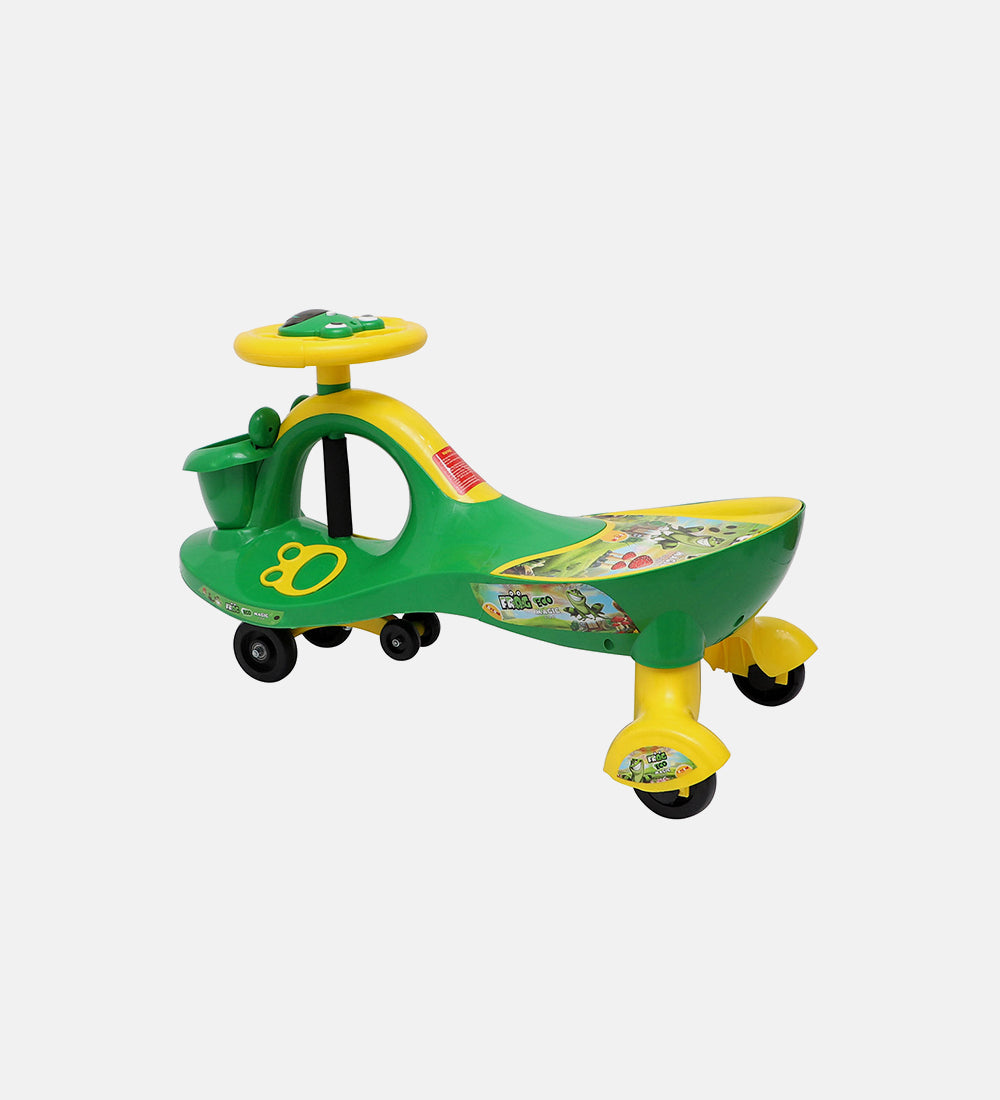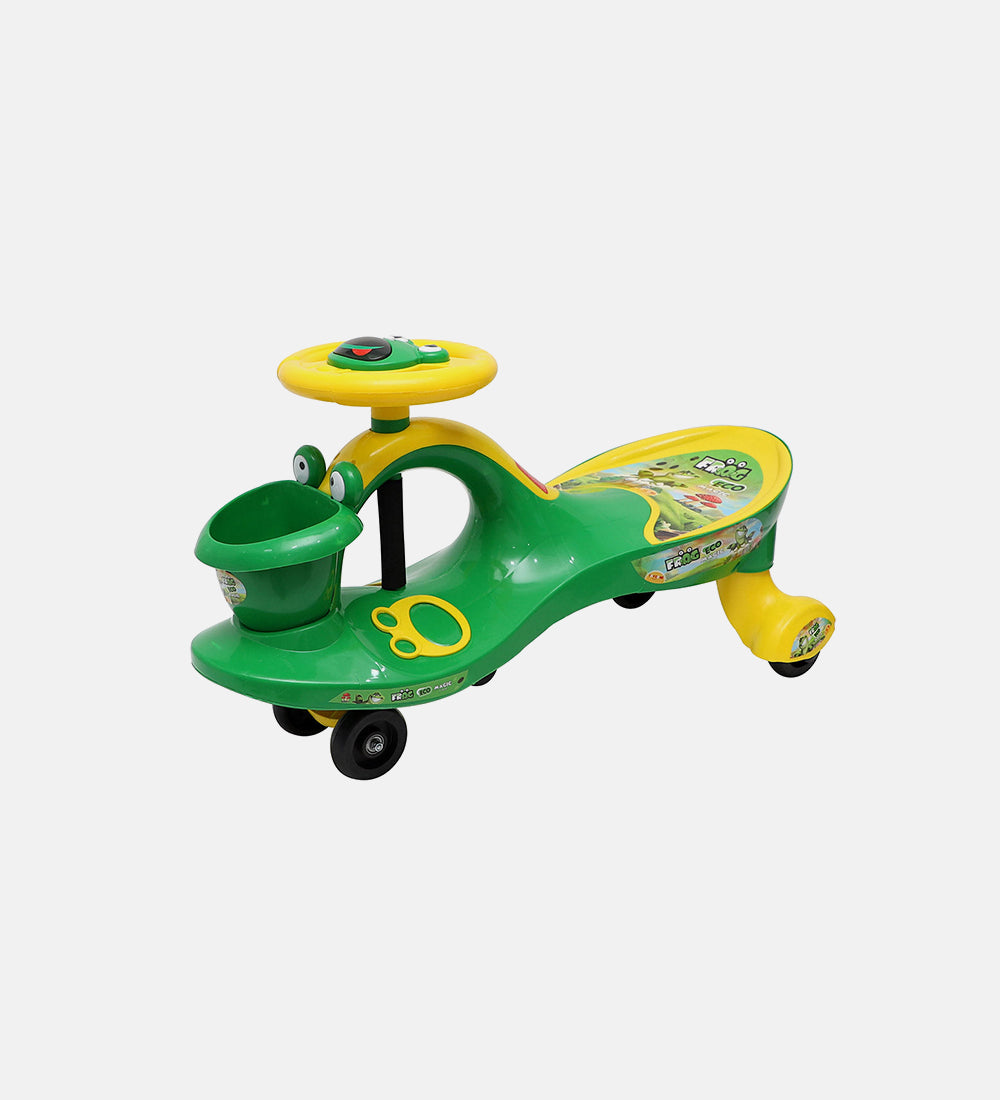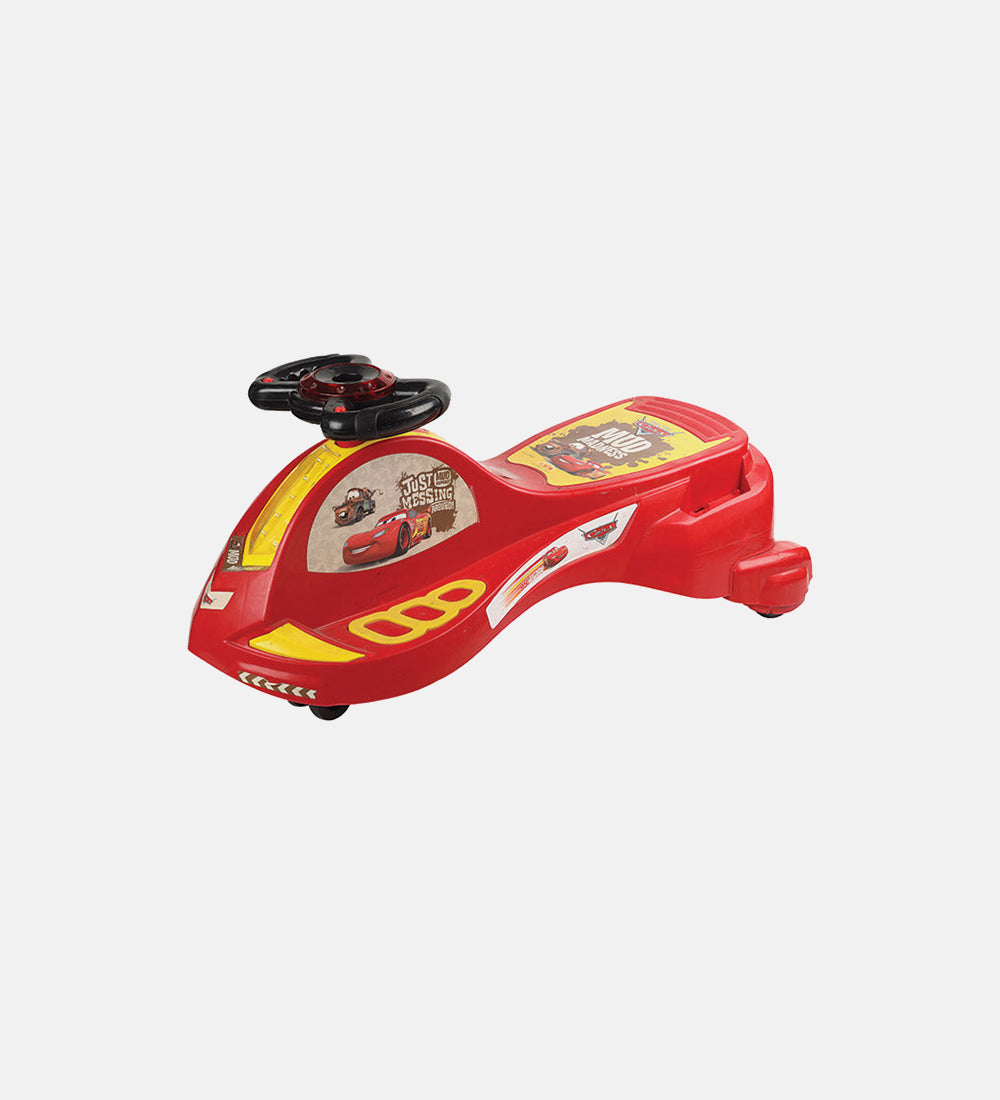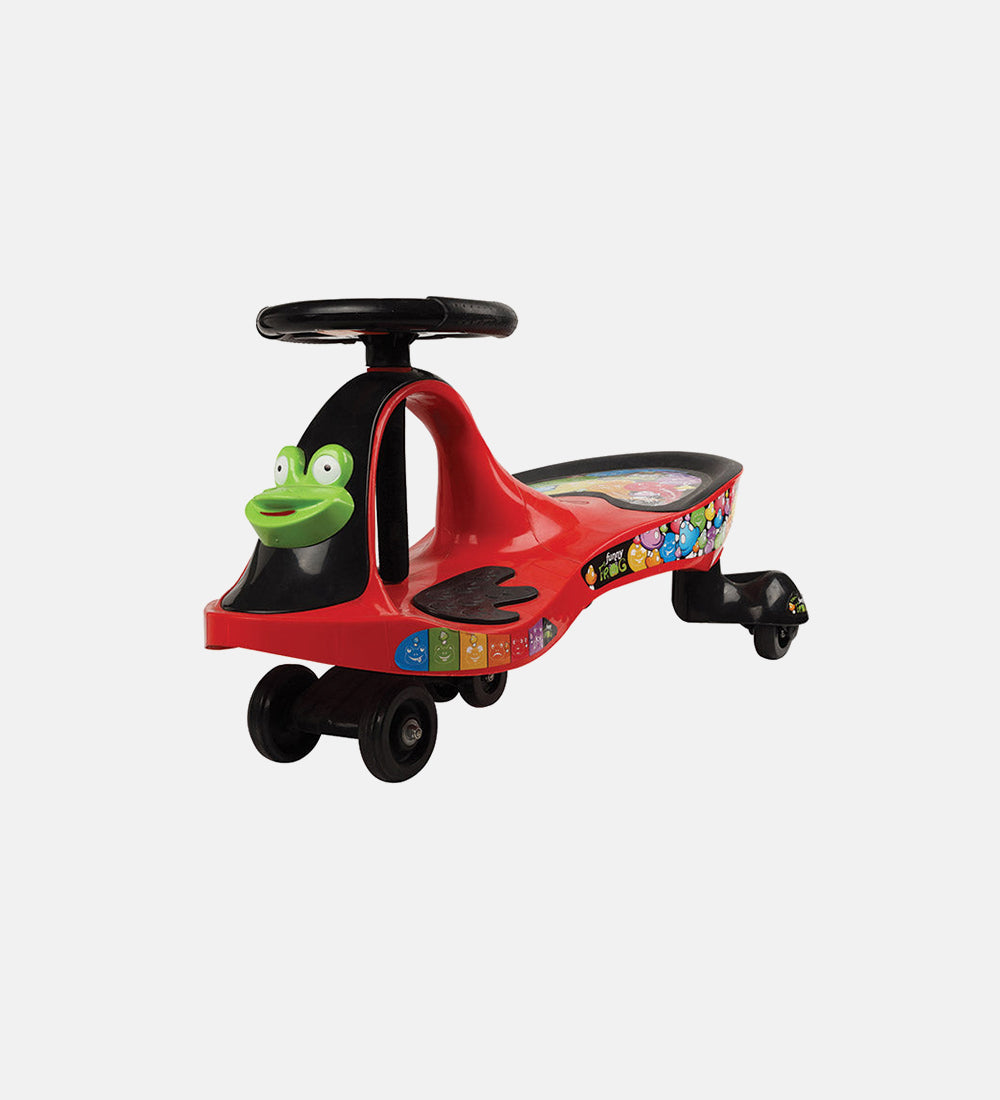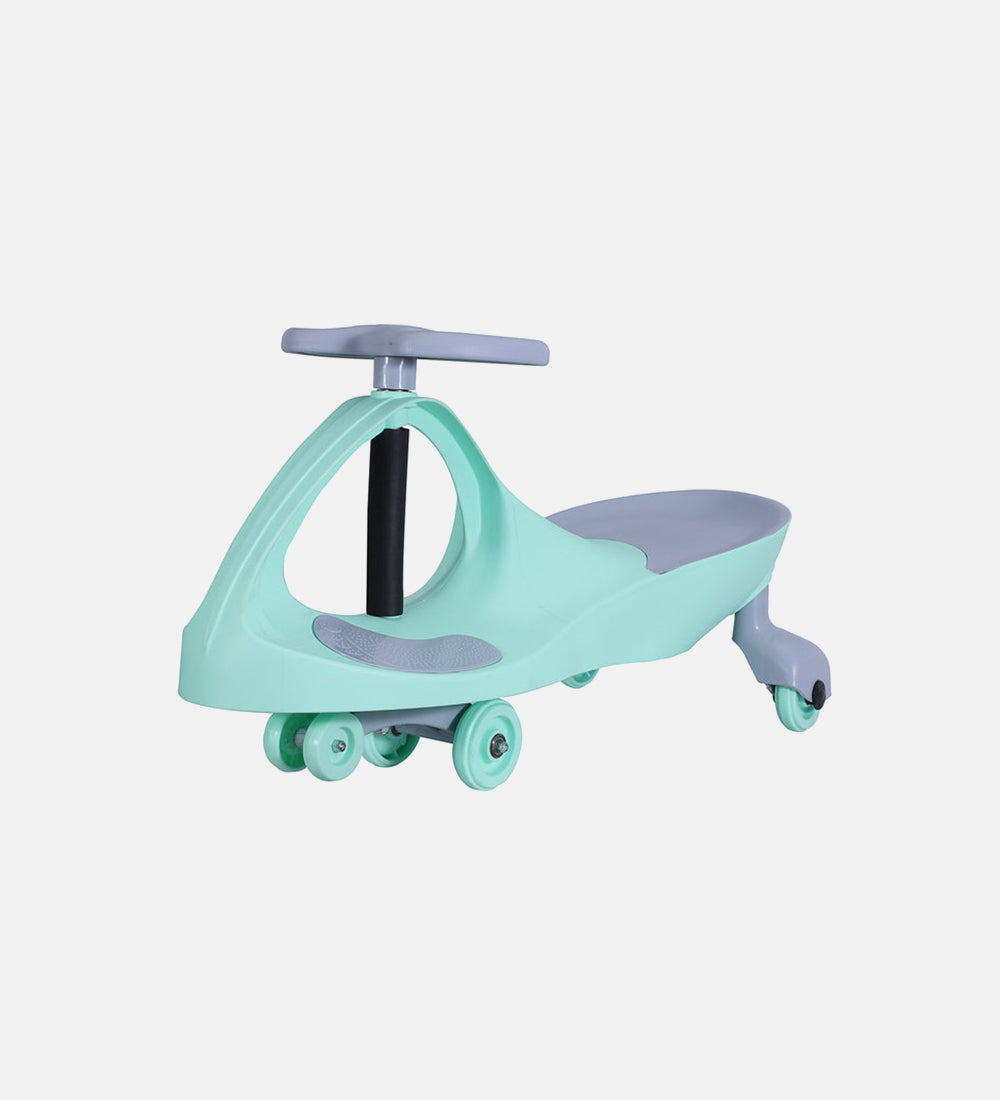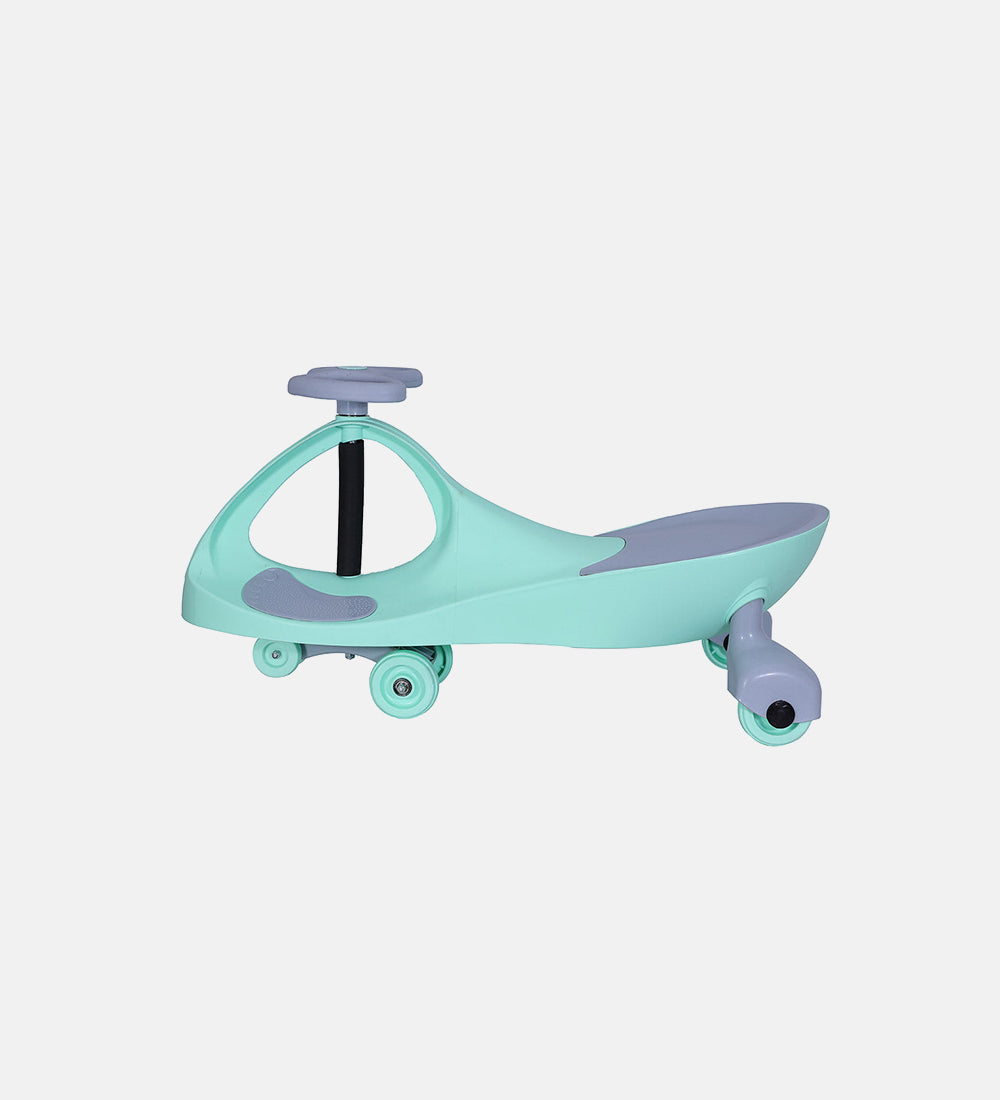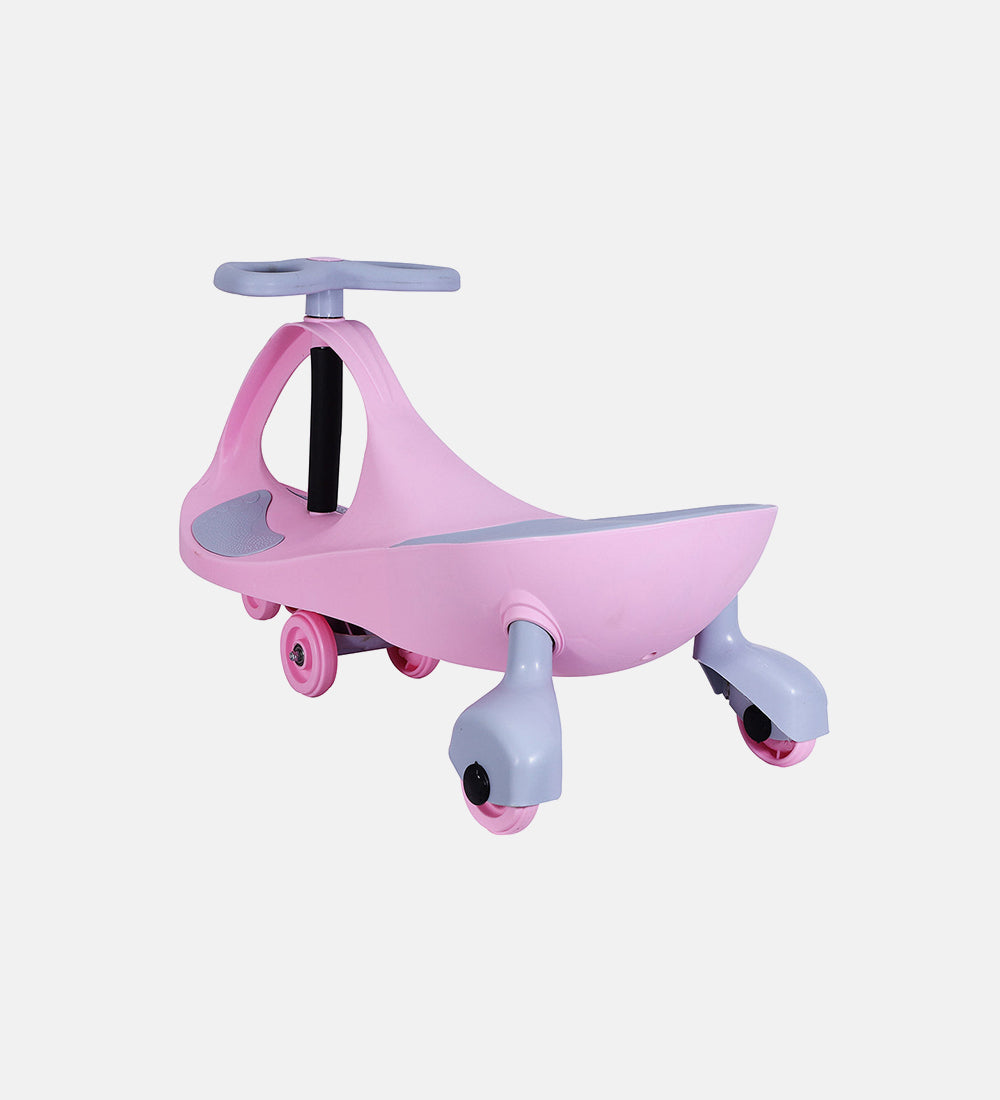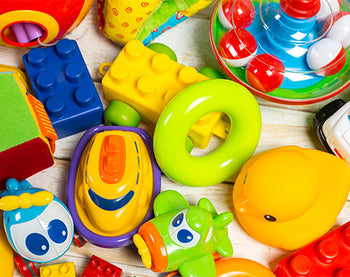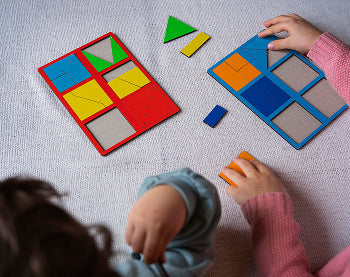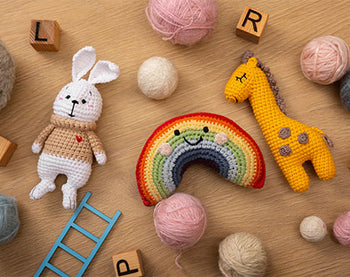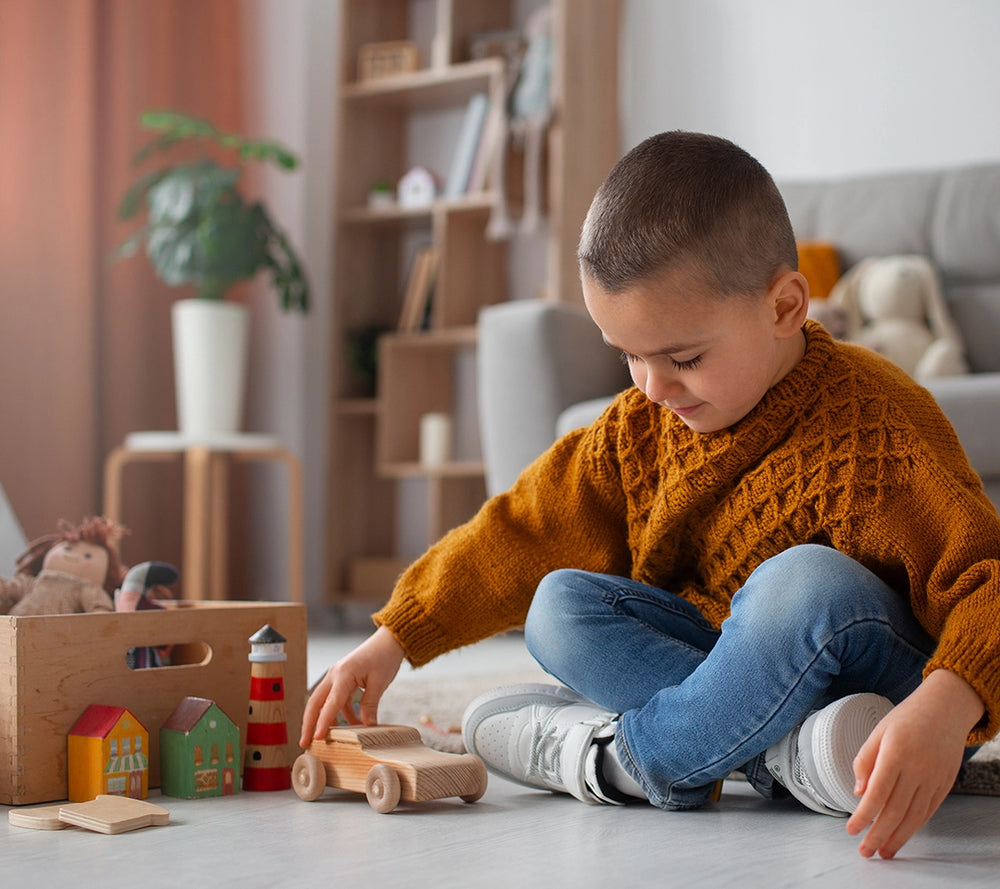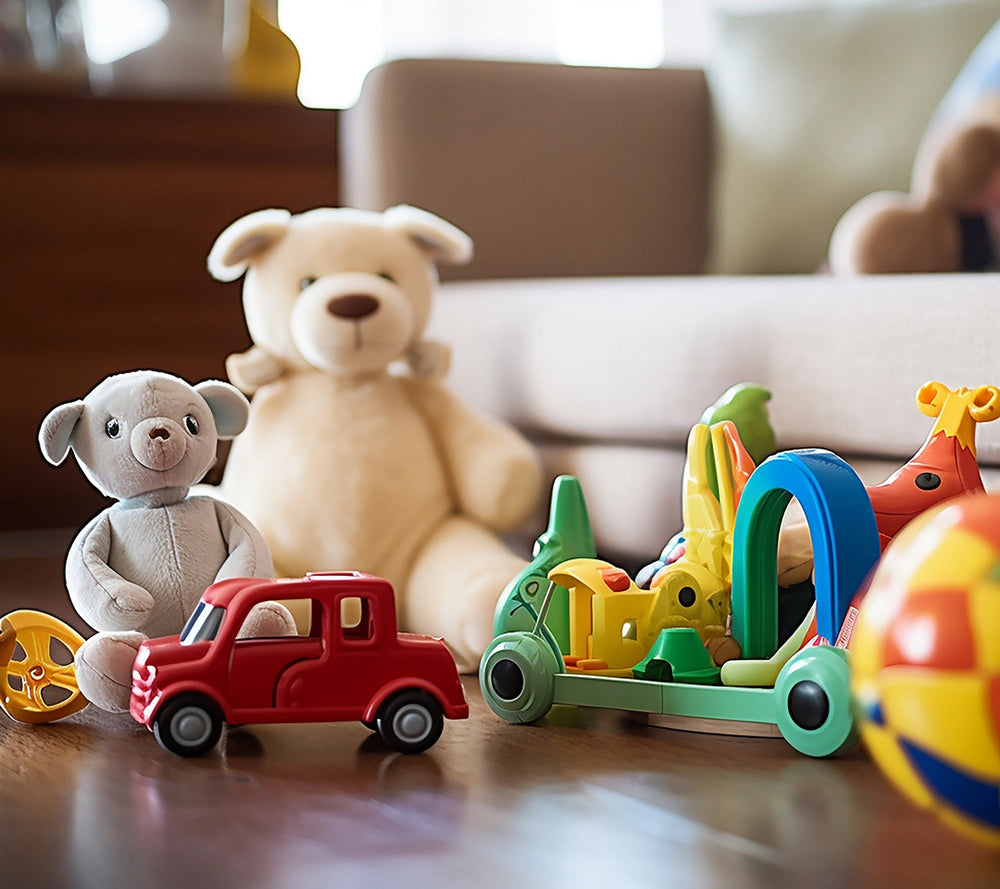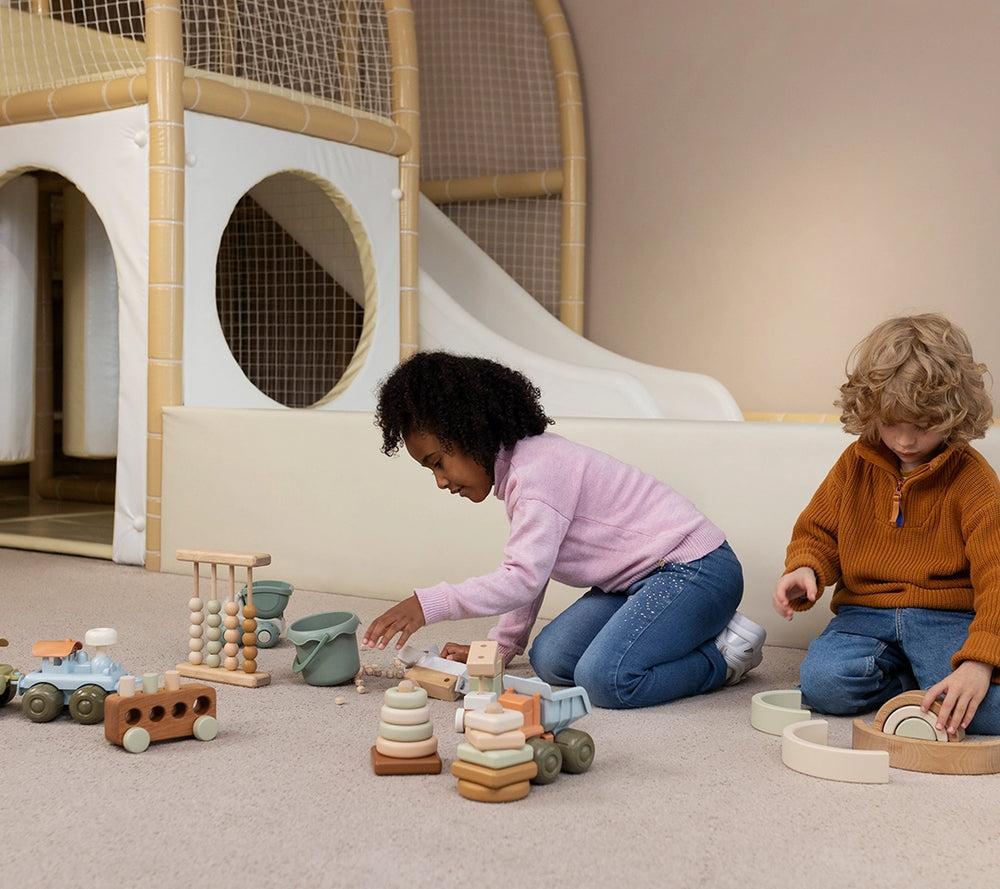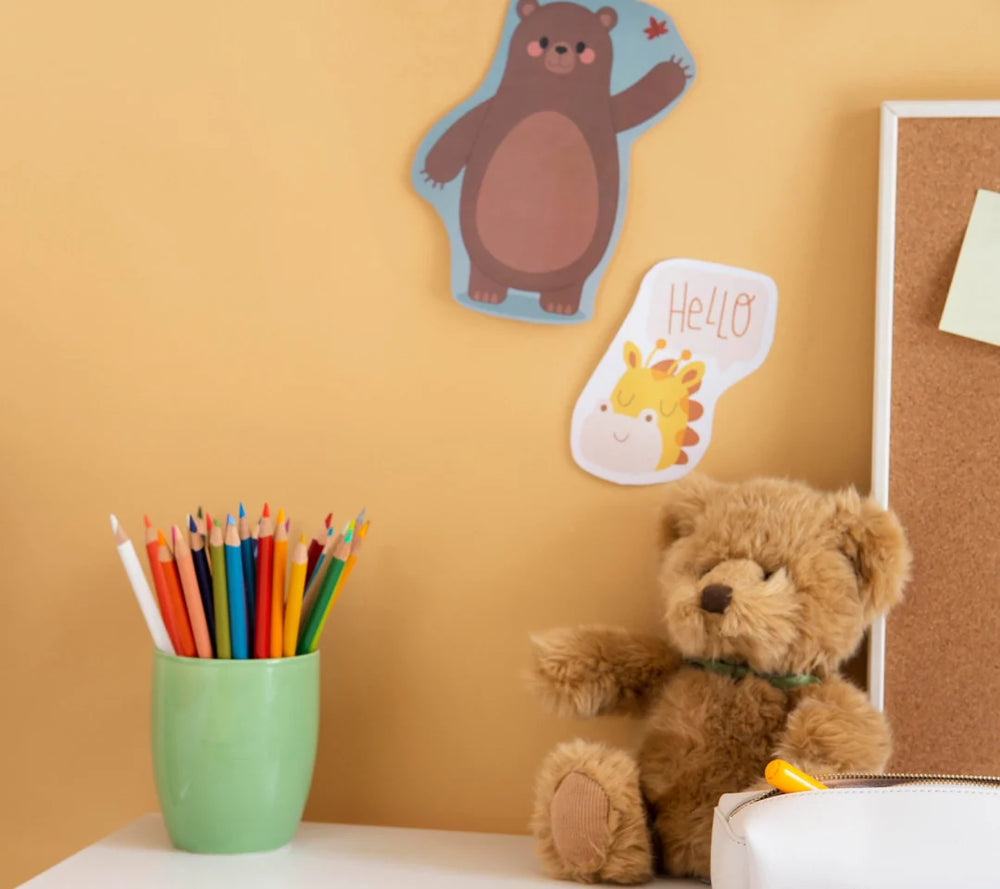Toys have been an integral part of childhood for centuries, providing not only entertainment but also crucial developmental benefits. From simple wooden blocks to intricate electronic gadgets, toys play a significant role in shaping a child's cognitive, social, and emotional skills.
What are the Benefits of Play?
Research has shown that play is essential for healthy brain development in children. It helps them learn to problem-solve, think creatively, and develop fine and gross motor skills. Play also fosters social skills such as sharing, taking turns, and working collaboratively with others.
How Do Toys Enhance Learning?
Toys are designed to stimulate different areas of a child's brain, encouraging them to explore, experiment, and discover. Educational toys, such as puzzles, building sets, and science kits, can help children develop critical thinking skills and a love for learning.
What Makes a Good Toy?
A good toy should be age-appropriate, safe, and engaging. It should challenge a child's abilities without being too frustrating. Toys that encourage open-ended play, such as dolls, action figures, and art supplies, allow children to use their imagination and creativity.
How Can Parents Support Play?
Parents play a crucial role in supporting their child's play. By providing a variety of toys that cater to their child's interests and abilities, parents can help stimulate their child's development. It's important for parents to engage in play with their children, fostering a strong bond and creating lasting memories.
Overall, the world of toys is a magical one, full of endless possibilities for learning, growth, and fun. By understanding the importance of play and choosing the right toys, parents can help their children thrive and reach their full potential.

